Under Section 13(1)(i-a) of the Hindu Marriage Act, a spouse may approach the Court for dissolution of marriage in a petition seeking Divorce on the grounds of cruelty. This article analyses the Courts’ interpretation of what amounts to cruelty and how the same is reflective of a gender bias that has further strengthened the notion of family and marriage being the most socially oppressive institutions for Hindu women.
The historical understanding of marriage in most religions is that of a sacred, sacrosanct union, an indissoluble bond. Ancient Hindu Texts conceptualised marriage, as a heterosexual union between a man and a woman, which once solemnised in accordance with the customs and rituals, was understood to be irrevocable and would form the basic unit of family institutions and the foundation of civil society.
Ancient Hindu Law recognised eight distinct forms of marriage, these being, Brahma, Arsha, Davia, Prajapatya, Gandharva, Asura, Rakshasa and Paisacha. The former four of these were the approved forms of marriage and the latter the unapproved. The ceremonies and conditions for a valid marriage were well defined and strictly laid down. With the codification of laws and the enactment of various acts like the Special Marriages Act, 1954 The Widow Re-Marriage Act, 1856 and the Hindu Marriage Act,1955 in particular, the concept of marriage evolved to its present understanding. Though marriage continues to be restricted to its heterosexual nature, the transition of society, the onset of modernity and the emphasis on individual rights and liberties, have re-conceptualised the civil union as more of a contractual relationship which may be terminated if the dissolution of the same can be justified under laws governing civil society.
Section 13(1)(i-a) of the Hindu Marriage Act, 1955 provides for cruelty as a ground for seeking dissolution of a marriage by a decree of divorce. What constitutes cruelty, however, is subject to interpretation of the Courts depending on the facts and circumstances of each to be case. Cruelty has been understood to mean conduct which makes the irrevocable breakdown of matrimonial relations apparent owing to the mental or physical agony as the case may be. Giving the term a rather dynamic interpretation, the Supreme Court in Samar Ghosh vs. Jaya Ghosh observed that cruelty as a ground for marriage, could not be restricted to a straitjacket formula and the understanding of the term was bound to change with the passage of time. The court was of the opinion that the concept of mental cruelty cannot remain static; it is bound to change with the passage of time, and the impact of modern culture through print and electronic media on value systems, etc. What may be mental cruelty now may not remain a mental cruelty after a passage of time or vice versa. The court further went on to enumerate certain instances illustrative of what would amount to mental cruelty.
Though the courts have given the term a contextual interpretation and have broadened its scope, what continues to influence the judicial opinion on whether or not an act amounts to cruelty, is the oppressive and patriarchal understanding of family and marriage historically embedded in society. The observations made by the Bombay High Court in 2012, when deciding on the question whether a wife’s refusal to move to her husband’s new place of work would be a valid ground for divorce as the same amounted to cruelty, are illustrative of this gender bias within the judiciary. The court, in the given case, was of the opinion that a married woman must embody the spirit of goddess Sita and willingly accompany her husband wherever he goes. The observations of the court were reminiscent of position women were relegated to in Manusmriti; that women, being incapable of individual existence, once married must always be under the control of their husbands, the only role and duty of a women being to obey and please her husband.
The court, in the given case, was of the opinion that a married woman must embody the spirit of goddess Sita and willingly accompany her husband wherever he goes.
A similar view on a woman’s role in the family, an institution based primarily on male privilege, seems to have found favour with the Apex Court in a recent decision, only this time; the same has been put forth in a different language and context. In a case involving a couple who had been living separately for over two decades and the facts and circumstances were such that breakdown of matrimonial relations was apparent and a decree of divorce was the inevitable conclusion to the proceedings, the Court, granting the decree on the ground of cruelty, held that a husband was entitled to divorce if his wife is she forced him to live separately from his parents.
To quote Justice Dave: “It is not a common practice or desirable culture for a Hindu son in India to get separated from the parents upon getting married at the instance of the wife, especially when the son is the only earning member in the family. A son, brought up and given education by his parents, has a moral and legal obligation to take care and maintain the parents, when they become old and when they have either no income or have a meagre income. In India, generally people do not subscribe to the western thought, where, upon getting married or attaining majority, the son gets separated from the family. In normal circumstances, a wife is expected to be with the family of the husband after the marriage. She becomes integral to and forms part of the family of the husband and normally without any justifiable strong reason, she would never insist that her husband should get separated from the family and live only with her.”
The questionable aspect of the verdict has been the reasoning of the Apex Court wherein in its understanding of what is culturally desirable within the realm of Hindu personal law has only furthered the concept of the Hindu Joint Family, with an authoritative male figure as the sole breadwinner, as the only form of family structure in consonance with Hindu values and in doing so, not only relegated other family structures as exceptions to the homogeneous understanding of family, but further aided the reinforcement of gender and cultural stereotypes within the institutions of family and marriage.
***
Under Section 9 of the Hindu Marriage Act, 1955 either the husband or the wife may apply to the court, for restitution of conjugal rights (the right to stay together) and the court may decree restitution of conjugal rights accordingly. This section explores the concept of sex within marriage and the lack of equality and autonomy of women therein.
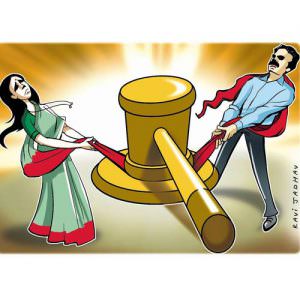
Image Source: Ravi Jadhav for DNA
Though the doctrine of equality embodied in the Constitution emphasises that the right to non-discrimination based on sex is a non-negotiable aspect of the equality guaranteed by the Constitution, women experience discrimination and unequal treatment in terms particularly within the realm of personal laws.
The attempt is to ensure that, under the garb of culture and tradition, the role of women is restricted to pre-determined spheres within the family and keep in place the patriarchy that thrives on control over, and access to women as well as the rules governing their behaviour and the self-willed subordination of a woman.
The concept of marriage as an irrevocable union may have evolved with time but the sanctity attached to this union still continues to be a justification for the misogyny which finds it place within certain practices that find legitimacy under the Hindu Law on marriage. Under Section 9 of the Hindu Marriage Act, 1955, either the wife or the husband can move a court for ‘restitution of conjugal rights’ (the right to stay together). Though the provision grants remedy to either spouse and those in favour of such a remedy under law emphasise that the provision is a gender-equal concept, the remedy becomes a bone of contention. A provision for the preservation of marriage – a institution that from its very solemnisation treats women as lesser beings – cannot be viewed in isolation but within the context of the unequal social relations it aims to govern.
In T. Sareetha v. T. Venkatasubbaiah, the court observed that the term “conjugal rights” constituted two ideas, that of the right which a husband and wife have to each other’s society, and the second of marital intercourse and sexual cohabitation. The court further went on to hold that the consequences of the decree of such nature were that the choice to abstain from or indulge in marital sex was transferred from the individual to the State. The Andhra Pradesh High Court was of the opinion that Section 9 was a “savage and barbarous remedy violating the right to privacy and human dignity guaranteed by Article 21 of the Constitution, hence void”.
The said decision was critiqued for its flawed reasoning predicated on an emphasis on sexual relations between husband and wife and was subsequently overruled by the Supreme Court. The fallacy however, lay not in the understanding of the Andhra Pradesh High Court, but in the subsequent decisions which failed to acknowledge the problem so rightly pointed out by the former.
The concept of restitution cannot be limited to a mere remedy sought for reconciliation but needs to be viewed within the broader context of sexual relations and autonomy within marriage. Where on one hand cohabitation can easily be forced upon a woman under the provision for restitution, giving absolute control over the body of a woman to another, there is no protection from offences of sexual violence within marriage, thus putting women in a rather vulnerable position in this union of ‘equals’.
The autonomy of a woman over her own body is lost in the hypocritical discourse on the sanctity of marriage.
When it comes to sexual violence against women within the realm of the family, the general approach is that of denial. Silence surrounds the issue, for the cost of raising voices is too high in a system that would willingly bargain the rights of individuals in order to preserve the patriarchal institutions for which they have such high regard. The argument against decriminalisation of marital rape, for instance is based on the notion that an offence of the nature is not only in disregard of the sanctity of the union, but as argued by some, also opposed to the Hindu culture and would be destructive of the institution of marriage. The autonomy of a woman over her own body is lost in the hypocritical discourse on the sanctity of marriage.
Consent cannot be implied or appropriated, nor can a woman’s right to her own body be violated in the name of culture. There seems to be an innate need to preserving a family system that not only shows complete disregard for an individual, a woman in this case, ensures that the control over her body is exercised by her husband, the State and every other person but her, and reinforces the feudal concept of marriage, a need that again reflects the patriarchal roots so deeply embedded in our society.
The idea that a woman, once married, ceases to have any autonomy over her body, any interests or desires of her own, and that male sexual entitlement is the cardinal principle governing marital relations, in which the sole role of the woman is to be a subservient being performing her wifely duties, is what enables a man to drag his wife to court on the ground of cruelty because she refused to have sex with him when pregnant. The court may have ruled in favour of the wife, but the questions surrounding the control over a woman’s sexuality within marriage are not answered lest the same offend the cultural values we must carry forward, even if they conveniently relegate the second sex to the status of a lesser being.
The question of Triple Talaq under Muslim Law took centre stage in the discourse on gender inequality also served as a catalyst for the debate on the implementation of the Uniform Civil Code, a move that has been contemplated by the Central Government since it’s coming into power. While the argument of those against the implementation of the Code rests upon the discourse of secularism, those in favour of a unified code of personal laws view the move as one that will guarantee and uphold the rights of all individuals and further the cause of gender justice. It is in this context that the position of Hindu women under personal laws, within the realm of marriage, needs to be reviewed.
Eminent jurist Leila Seth in her essay ‘A Uniform Civil Code Towards Gender Justice’ emphasises the need for unification of personal law saying that “We have a duty to the women of India to do away with all discrimination between men and women and make a personal law that will benefit all Indian women without distinction, be they Christian, Hindu, Muslim, Parsi, Sikh, or Buddhist. Take what is best in all laws and frame a Uniform Civil Code.”
Also Watch: Firstpost Video: Insight on what the UCC means for everybody
What the outcome of this amalgamation of the ‘best’ of personal laws, all of which have for centuries treated women as second-class citizens, will be, is the question that remains unanswered. Will the code, both in body and spirit be a mere reproduction of laws that embody the patriarchal understanding of family and civil society that has come to define social relations? Will there be a mere replication of the distinctive forms of male authority that are implicit in the dominant understanding of marriage and custom and traditions continue to be the argument to reinforce the discriminatory normative gender relationships?
About the author(s)
Graduate from Lady Sri Ram College & Faculty of Law, University of Delhi. Currently working as a Law Researcher at the High Court Of Delhi.
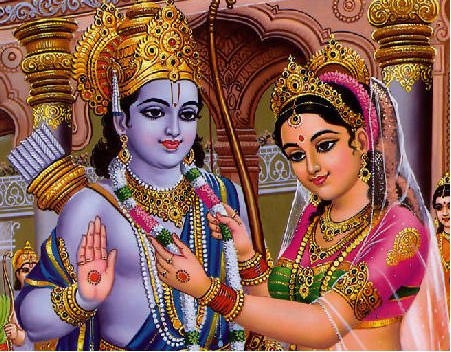
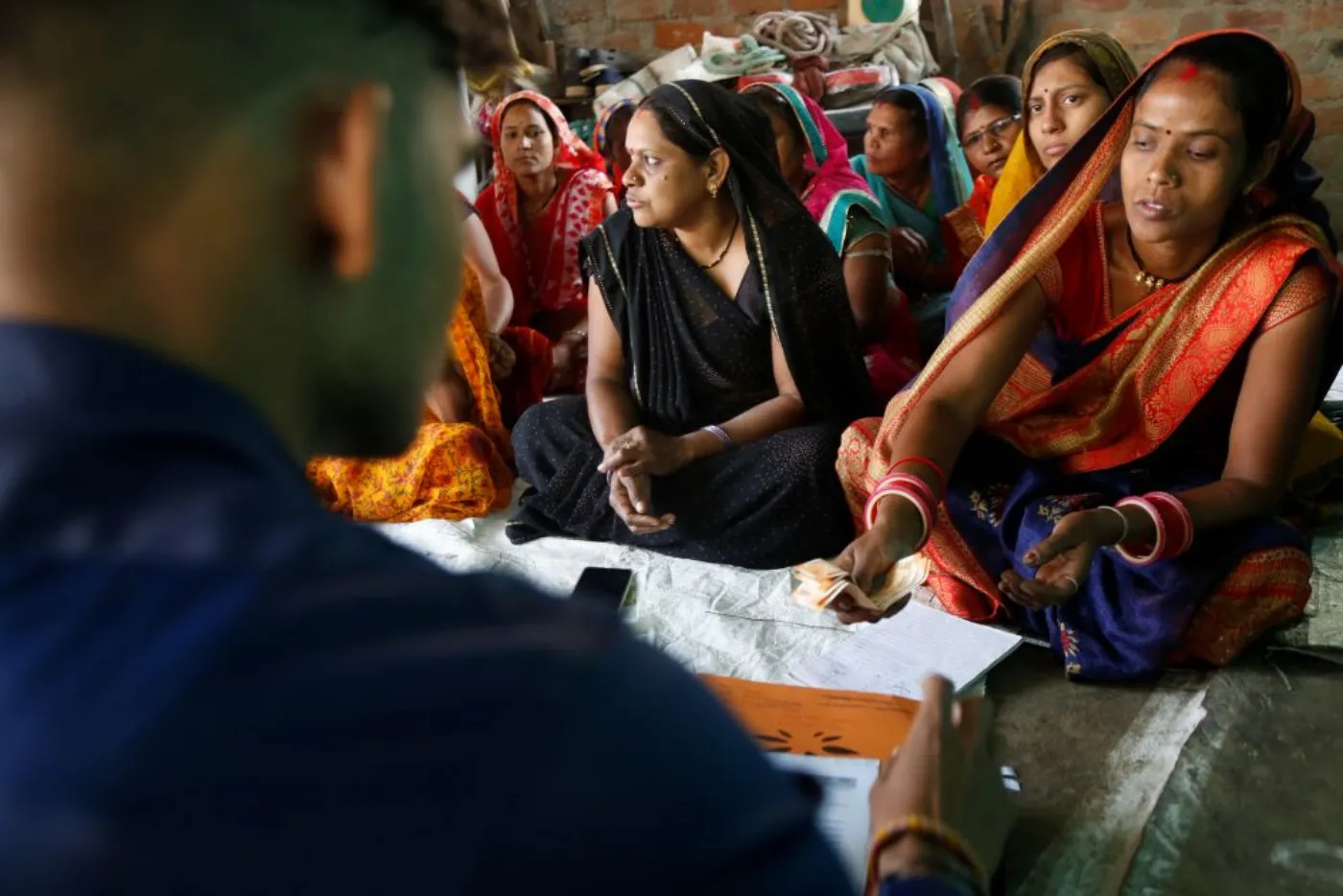
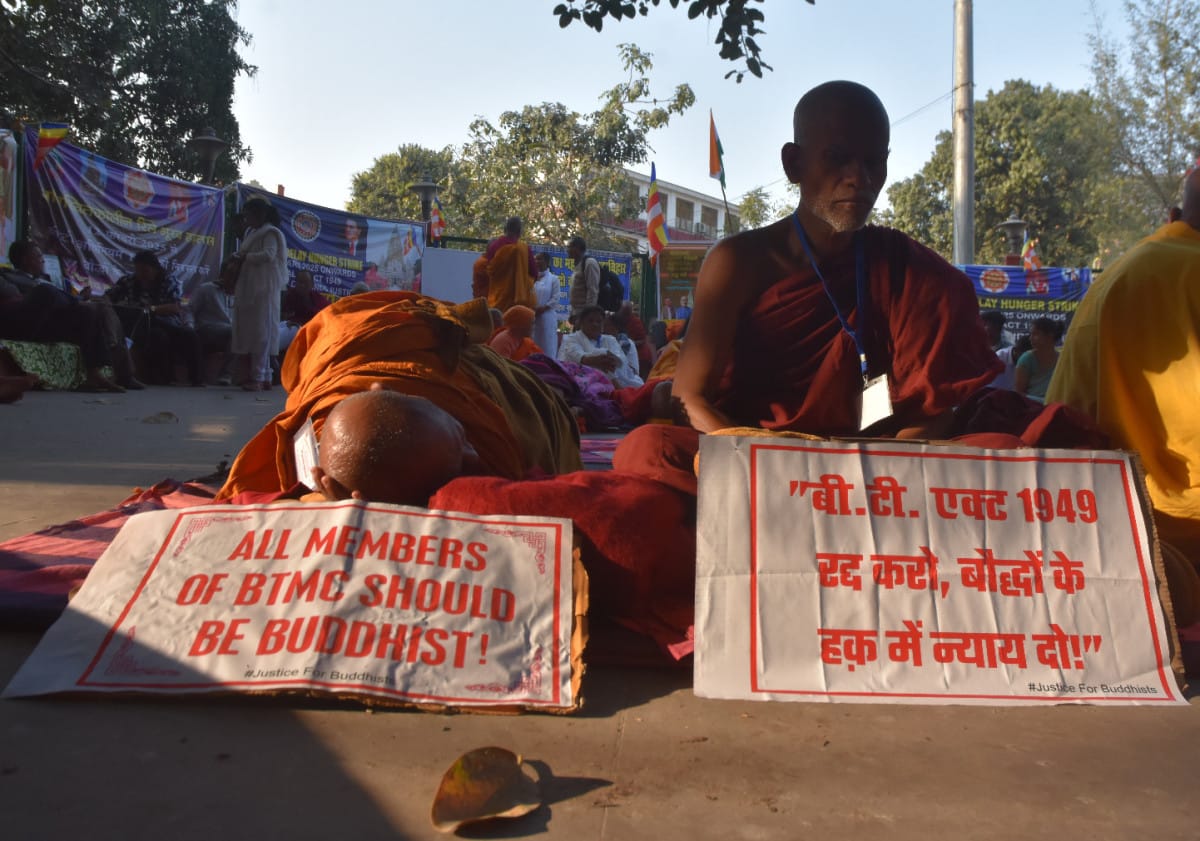
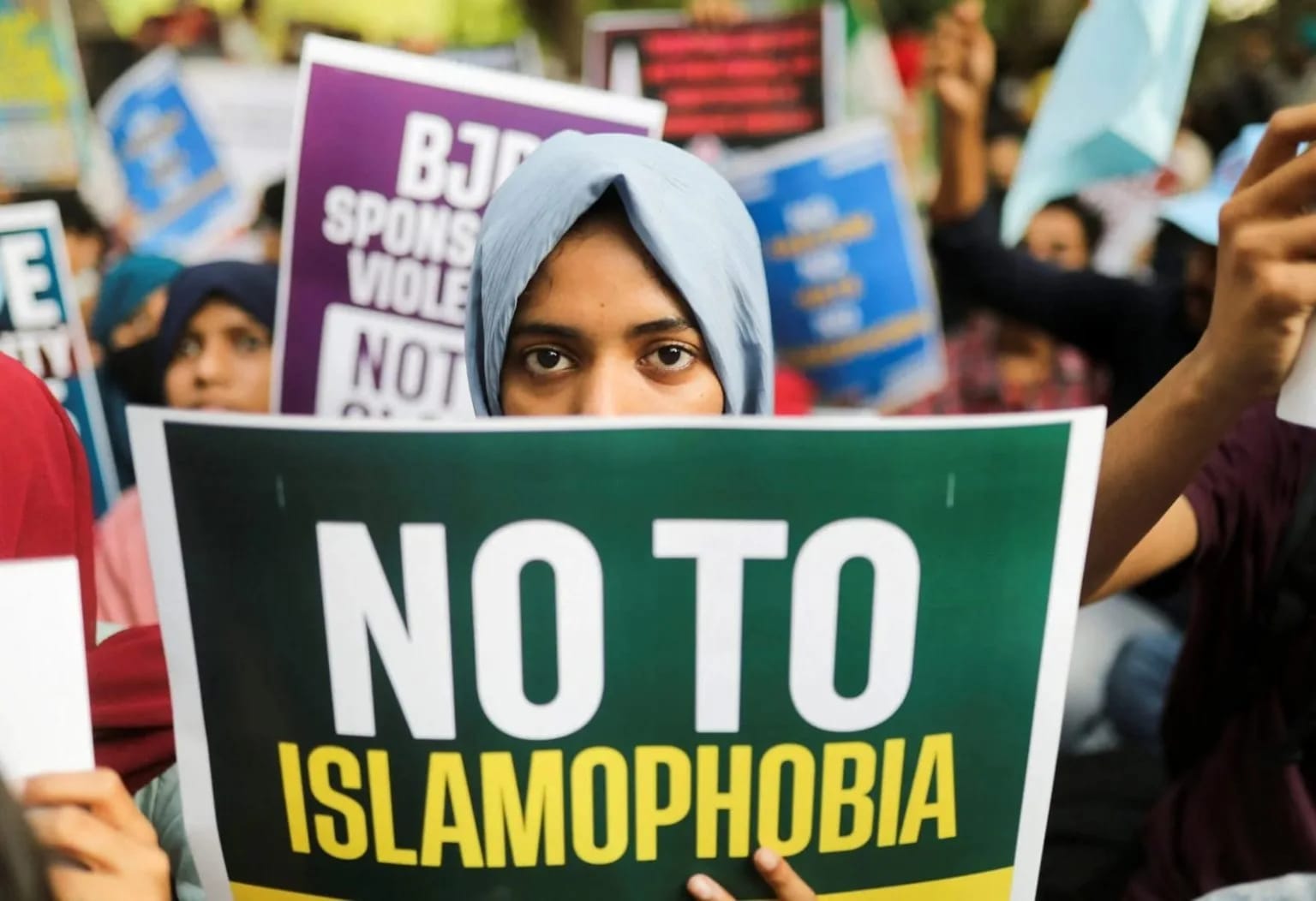

It’s good that you advocates female’s autonomy over their body and implicitly want to criminalise marital rape.
But I wonder why do feminists shed crocodile tears when a man tries to exercise his economic autonomy and refuse to maintain his wife. Then the same court to which you are saying sexiest order husband to maintain his wife as his legal and moral obligation. Isn’t it a form of marital loot or marital extortion?? A man should have absolute autonomy over his finances irrespective of his marital status.
And section 18 of Hindu adoption and maintenance Act says that wife is entitled to be maintained by her husband lifetimes. Isn’t it anti-man?? Forcing a man to loose economic autonomy just because his marital status changed??
Icing on the cake is that no feminist oppose this sexism, on contrary many support it and want that after divorce men’s property and earning should be divided equally. Such hypocrisy!!!!
First of all, if a woman is questioned for refusing to move to her husband’s new place of work and is threatened for divorce , she should willingly get divorced from such a husband and prove her independence.
That way , its also correct if the husband is entitled to divorce if his wife ‘forces’ him to live separately.
when two people are getting married one has to leave the house .Its not practically possible for both the families to live together . To avoid a discussion every single time , there is a general custom of girl leaving her parents . If she has a problem with it the problem should be discussed by both the families . If they refuse to discuss , well, REFUSE TO MARRY!! You wont be treated equally if you are afraid of breaking your marriage when your wishes are not even respected.
It is true that maximum times husband is the breadwinner . Maximum times women do nothing to change this .Maximum times she is not independent . Nation has to lay down rules which cover maximum population because the entire population cant be satisfied at once . If you are a feminist , do something to change this dependence of women instead of putting up an article which refuses to accept the truth. If women are not lesser beings they should not continue to do things which are lesser .
If there is any kind of violence being done to you ….LEAVE!! ,earn on your own for your children , prove your independence . Nation will then only listen to you i.e. when the fighters are in majority .
Silence surrounds sexual violence because we remain silent . So, SPEAK UP! . No, not just you or me but everyone .Find the ones who dont and encourage them to speak up.
At the last , dont just write such articles because you are a feminist ….thats what maximum are doing . Try to teach minds and reform minds to hopefully brinf revolution .
At the last , definitely , so many of you point are correct , when i say 1 is not equal to 2 , i dont say 2 not equal to 3 is wrong .
If the court expects women to be like Sita, I am assuming most Ram’s in this country will like nothing better than to have her leave her house, move into a dilapidated hut, and then leave her pregnant self to fend for herself. If a woman leaves her house to move into yours (because that’s “Indian” custom), what is the security provided to her once the marriage dissolves? Find a Valmiki and get slut-shamed? The institution of marriage is in itself flawed and the odds are stacked against women to begin with. What men like is the entitlement to her body and services, and a roof over her head as compensation. But the minute those privileges are revoked and they have nothing to do with the woman, she should not ask for compensation because what is she providing in return, right? So you want unpaid labour basically, masked as marriage? Am I understanding this correctly?
@anukanksha choudhary – How is a non-privileged woman to assert her independence when the space she occupies is marred with no education and no support? When, more often than not, she is just used as a marker of the men, a signified being who is spoken about by people like you and me, but can’t claim her own voice, to speak for herself?Stripped of all autonomy? She is someone’s daughter, someone’s wife but never herself because the tools you and I receive to assert our independence aren’t available to all. You do get the cultural capital we carry, right? Most women don’t, the ones outside your bubble. It isn’t that black and white. Stop blaming women for their subjugations, when will victim-blaming stop?
If a man Welcomes a woman into his house and hand over his household to her then what security is provided to him and his household once the Marriage dissolve?
What women like is to have control to his finances and household and her services as compensation in return.
Yes, once those privileges are revoked she should not ask and should not be provided any compensation. And compensation for what? What she is giving in return? In return to her services during the subsistence of marriage, she was being provided by his husband. Now once her responsibilities of marriage cease to exist then why responsibilities of husband should continue?? What you basically want a full time free ATM-at-will, masked as marriage. Am I understanding this correctly?
@prahi …. what you call victim-blaming is actually TRUTH …. man or woman ….life is tough …. in a different way for different people ….we have got to fight …… gain support . i am not blaming any victim…instead i have just written some ways in which we can change the situtation , cuz i can not sit and shout EQUALITY EQUALITY EQUALITYYYY !! , i wont get it that way …. no one would…..i wish a suffering woman reads my comment and realises that we have to fight ! …i wish a non victim reads my comment and realises that we have to help them fight ……stupid is to talk again an again about the current situation …wisdom is to accept the truth that we need to change it …. its true that many women are fighting for independence …its also true that many are not …many women themselves are mistreating other women….also there are many MEN who suffer …… they all will have to accept their situtation and FIGHT and all othes will have to HELP THEM FIGHT .
It is legal article which is beyond my comprehension. But as a layman i would say that women have lost their rights on their body in the name law. This has continued since ages and will continue till women realize it. You can read a relevant article on Feminism-in-India
All said and done let all admit that there are no Sitas and Savitris anymore. A woman is just a human being like a man with all its merits, demerits, virtues and flaws. So let us help her to be a normal human from dislodging her from the high pedestal. Once that done there will be objective perceptions of her duties and responsibilities which are equal in letter and spirit as an equal partner in marriage. All marriage laws should be gender neutral. If that is not feasible then as in the case of husband the duties and responsibilities of a wife must be defined and codified under law and notified and such duties and responsibilities should be enforceable by law with suitable deterrents for non performance. There should not be any subjectivity and ambiguity and must be absolute as in the case of a husband. Throw into dustbin all cultural practices, prejudices and make fresh law purely on contractual basis where both the partners duties and responsibilities are compensated equally. Any deviation/dereliction must attract equal punishment. Half of the population cannot be left out without having any legally enforceable duties and responsibilities on the assumption that a particular gender is Devine and faultless. Let both men and women are treated as humans. Nobody wants a goddess as a wife.